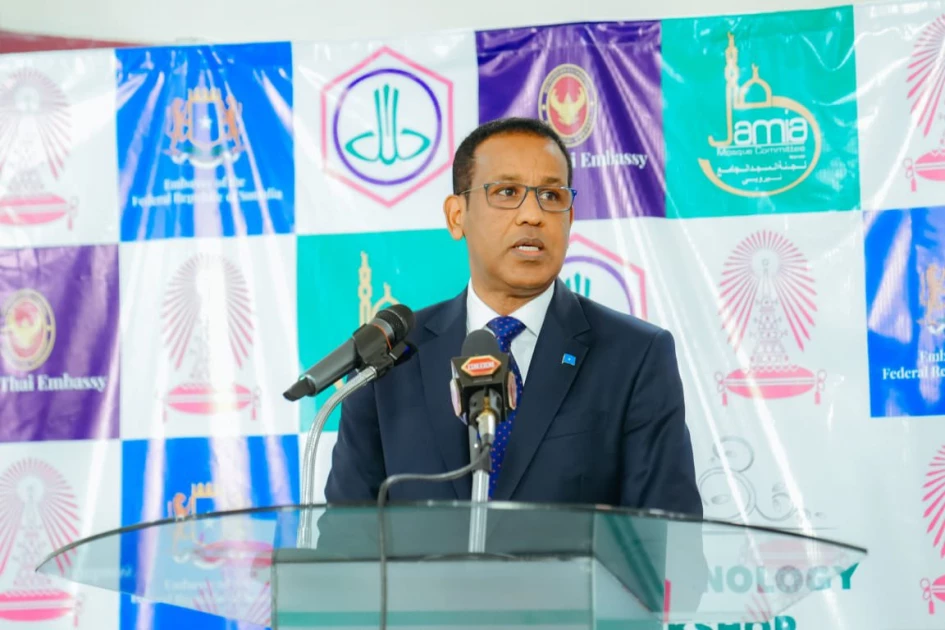Somalia is set to include Swahili in its national education curriculum, a move aimed at strengthening ties with the East African Community (EAC) and fostering regional unity. The announcement was made by President Hassan Sheikh Mohamud during the EAC summit held in Mogadishu.
President Mohamud said the government intends to make Swahili a key part of learning in schools and universities across the country. “The country’s universities, especially the Somali National University, should focus more on developing the Swahili language, which is the language of East Africa,” he told delegates, as reported by the BBC.
Currently, English serves as the language of instruction in most Somali secondary schools, while Arabic is the only compulsory second language. Somali is used at the primary level, and Arabic dominates in madrassas or Islamic schools.
The introduction of Swahili marks a historic shift in Somalia’s education policy. Education Minister Farah Sheikh Abdulkadir emphasized that the government is committed to adopting Swahili nationwide. “We want to see Swahili become a language of communication, trade, and learning — even replacing English during our next conference,” he stated at the summit.
Somalia officially joined the eight-member EAC in 2023, joining Kenya, Tanzania, Uganda, Rwanda, Burundi, South Sudan, and the Democratic Republic of Congo. President Mohamud underscored that adopting Swahili will be instrumental in deepening Somalia’s integration with its regional partners.
Swahili, spoken by over 200 million people globally, continues to expand its influence beyond East Africa and has been recognized by the African Union as one of the continent’s official languages.
By incorporating Swahili into its education system, Somalia aims not only to enhance communication and trade across borders but also to foster a shared East African identity rooted in linguistic and cultural unity

